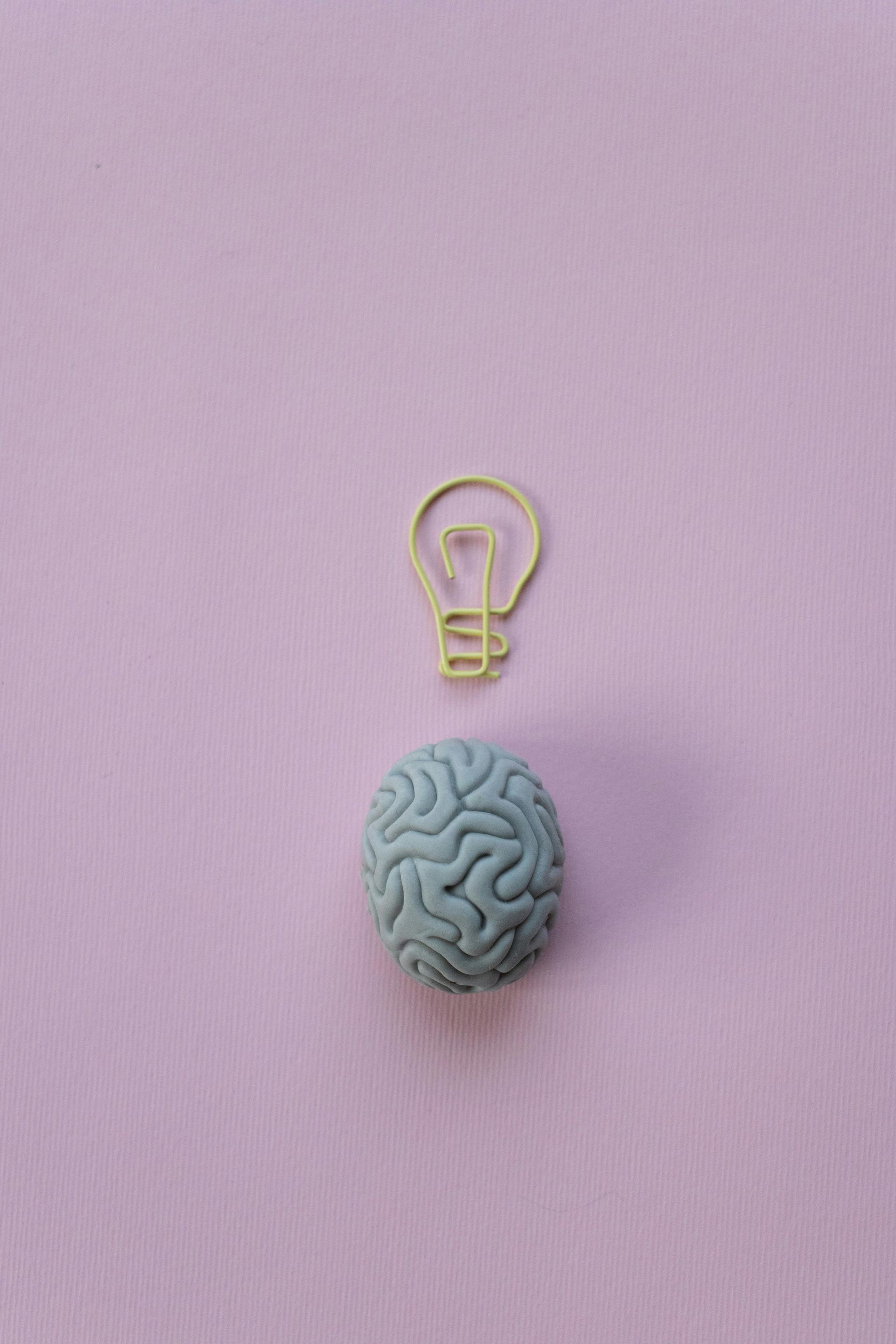Introduction:
Season's greetings! As we don our gay apparel and embark on the magical journey that is the holiday season, it's essential to recognize that, for many, this time of year brings not only joy but a unique set of mental health challenges. In this comprehensive exploration, we'll unwrap the intricate connections between Christmas, mental health, and counseling. From the highs of family gatherings and festive traditions to the lows of financial stress and conflict, let's navigate the holiday landscape together, armed with insights, strategies, and a sprinkle of seasonal warmth.
The Gift of Mental Well-being: Unwrapping the Impact of Christmas Traditions
1. Gift-Giving Galore: The Ripple Effect on Mental Health
The act of giving can warm the heart, but the pressure to find the perfect gift and meet expectations can create stress. Striking a balance between thoughtful generosity and financial responsibility is key to ensuring the holiday spirit doesn't morph into a shopping frenzy.
2. Family Gatherings: The Polar Express of Emotions
Family time during the holidays can be a double-edged candy cane. While the warmth of connection is unparalleled, family dynamics and unresolved conflicts may surface. Managing expectations, setting boundaries, and practicing open communication can help maintain the harmony of the season.
3. 'Tis the Season to be Spending: Financial Stress and Mental Health
The financial strain of gift-buying, travel expenses, and hosting can snowball into a significant source of stress. Budgeting wisely, opting for meaningful experiences over material gifts, and embracing the spirit of giving in non-monetary ways can alleviate financial pressure.
4. Conflict at Christmas: Navigating Stormy Weather
Whether it's a disagreement over the perfect holiday playlist or deeper-rooted family tensions, conflicts can dampen the festive spirit. Addressing conflicts head-on, seeking compromise, and fostering an atmosphere of understanding can turn stormy weather into a peaceful snowfall.
5. Deck the Halls with Little Ones: Parenting Pressures and Joyful Moments
For parents, the holidays often bring a mix of joy and added responsibilities. Balancing the excitement of creating magical moments for children with the practicalities of daily life requires planning, flexibility, and self-compassion.
The Dark Side of the Yuletide: Understanding Mental Health Statistics
1. Seasonal Blues or More? The Reality of Christmas Suicides
While the holiday season is synonymous with joy, it's crucial to acknowledge the darker side. Statistics show a spike in recorded suicides around Christmas, emphasizing the need for increased awareness and support during this time.
- According to a study published in the British Journal of Psychiatry, there is a notable increase in suicide rates during the Christmas and New Year period.
- The American Association of Suicidology reports that the myth of higher suicide rates during the holidays is not entirely accurate. However, the holiday season can exacerbate existing mental health issues.
2. Mental Health Disorders Unwrapped: The Rise of Anxiety and Depression
Beyond suicide rates, the holiday season sees a surge in reported cases of anxiety and depression. Contributing factors include financial stress, increased social obligations, and the pressure to meet societal expectations.
- The National Alliance on Mental Illness (NAMI) notes that approximately 64% of people with mental illness report their conditions worsen during the holidays.
Coping Strategies and Hopeful Illuminations
1. **Counseling as a Beacon of Light: Seeking Professional Support**
If the holiday season feels like navigating a maze of emotions, seeking professional counseling can be a transformative step. Trained therapists provide a safe space to explore feelings, develop coping strategies, and navigate the complexities of the season.
2. **Unwrapping Stress Reduction: A Gift to Yourself**
Embracing stress reduction techniques is pivotal during the holidays. Incorporate mindfulness practices, deep breathing exercises, and regular physical activity into your routine to alleviate stress and promote mental well-being.
3. Resilience in Rituals: Positive Traditions for Mental Health
Establishing positive holiday traditions can be a powerful antidote to stress. Whether it's a quiet morning walk, a cozy reading nook, or a daily gratitude practice, these rituals provide stability and anchor your mental well-being amidst the festive chaos.
4. The Power of No: Setting Boundaries for a Merry Mind
'Tis the season of giving, but it's equally crucial to give to yourself. Learn to say 'no' when needed, prioritize self-care, and recognize that your mental health is a gift deserving of protection.
Conclusion: Lighting Up the Holiday Sky with Mental Wellness
As we wrap up this journey through the interplay of Christmas, mental health, and counseling, let's remember that the holiday season is a spectrum of emotions. By acknowledging the challenges, celebrating the joys, and seeking support when needed, we can unwrap the gift of mental well-being. So, whether you're sipping cocoa by the fire or navigating the bustling holiday markets, may your season be filled with warmth, understanding, and the glow of a resilient spirit. Cheers to a mentally healthy and joyous holiday season!











